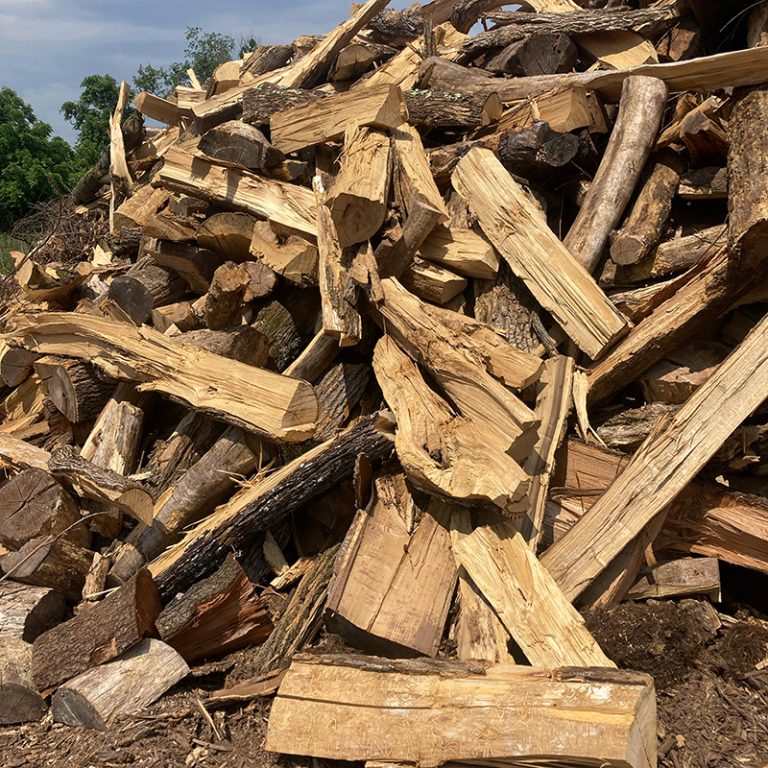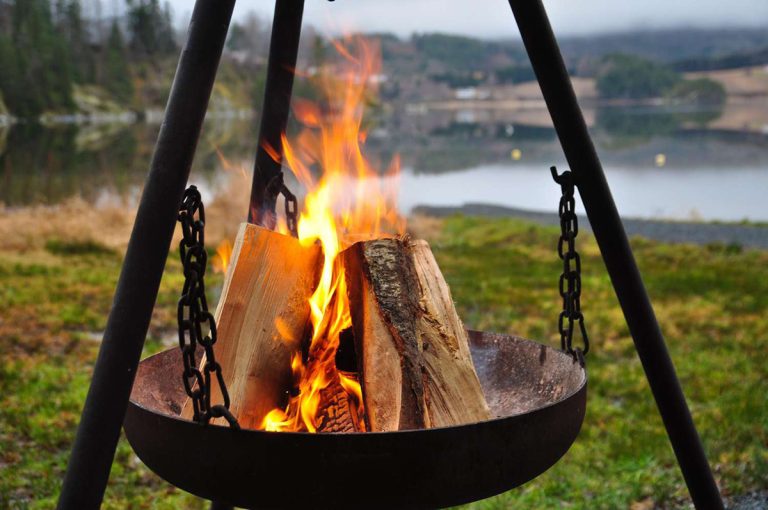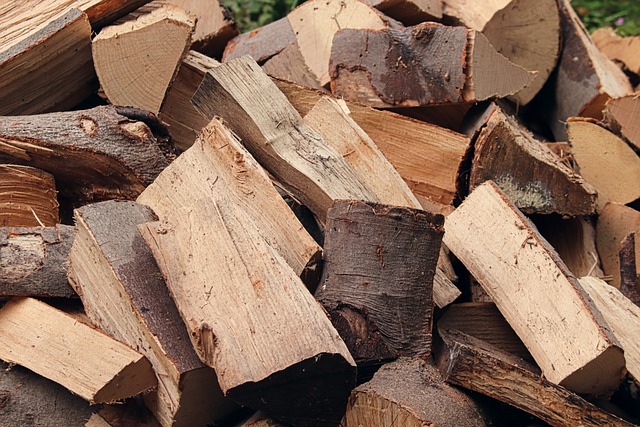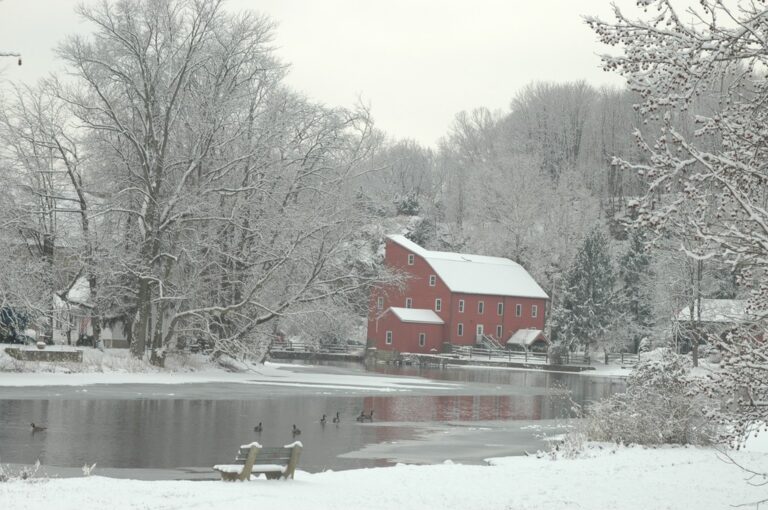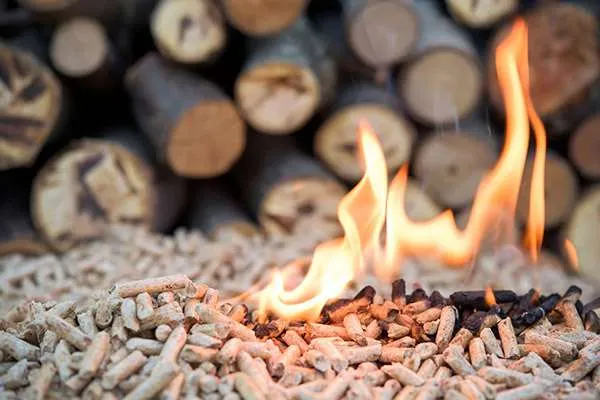As energy costs continue to rise, homeowners are constantly on the lookout for more efficient and cost-effective ways to keep their homes warm during the winter months. One option that has gained popularity in recent years is heating with pellets. But the question remains: Is it cheaper to heat with pellets? Let’s delve into the details to find out.
What Are Heating Pellets?
Heating pellets are small, cylindrical pieces of compressed wood or biomass. They are made from compacted sawdust, wood chips, and other organic materials. These pellets are typically used in pellet stoves or boilers, which burn the pellets to produce heat. The popularity of heating with pellets has grown due to their efficiency, sustainability, and relatively low cost compared to other heating fuels.
Cost Comparison: Pellets vs. Traditional Heating Fuels
1. Initial Investment
The initial cost of installing a pellet stove or boiler can be higher than that of a traditional heating system. However, this investment can be offset by the long-term savings on fuel costs. A high-quality pellet stove can range from $1,500 to $3,000, while installation costs can add an additional $500 to $2,000. On the other hand, traditional heating systems such as oil or propane furnaces can cost upwards of $4,000 to $7,000, including installation.
2. Fuel Costs
When comparing fuel costs, heating with pellets can be significantly cheaper. The average cost of heating pellets ranges from $200 to $300 per ton. A typical home might use 2-4 tons of pellets per winter, depending on the size of the home and the severity of the weather. This translates to an annual cost of $400 to $1,200 for heating pellets.
In contrast, heating oil prices can fluctuate but generally hover around $2.50 to $3.00 per gallon. An average home might use 500-1,000 gallons of heating oil per winter, resulting in an annual cost of $1,250 to $3,000. Similarly, propane heating can cost between $2.00 to $3.00 per gallon, with a typical usage of 800-1,200 gallons per winter, leading to an annual cost of $1,600 to $3,600.
3. Energy Efficiency
Heating with pellets is not only cost-effective but also energy-efficient. Pellet stoves have an efficiency rating of 70% to 90%, meaning that a high percentage of the energy in the pellets is converted into heat. Traditional heating systems, such as oil or propane furnaces, typically have efficiency ratings between 60% and 80%. This means that heating with pellets can provide more heat per unit of fuel, further reducing overall heating costs.
Environmental Impact
When you Heat with pellets it is also a more environmentally friendly option compared to traditional fossil fuels. Pellets are made from renewable resources, and their production involves recycling waste wood and other biomass materials. This helps reduce the amount of waste sent to landfills and decreases greenhouse gas emissions.
Additionally, pellet stoves produce very low levels of particulate matter and other pollutants compared to traditional wood stoves or fossil fuel heating systems. This makes heating with pellets a cleaner and more sustainable choice for environmentally conscious homeowners.
Convenience and Availability
Heating with pellets is convenient and straightforward. Pellet stoves are easy to operate and require minimal maintenance. The pellets themselves are clean, easy to store, and available in various grades and sizes to suit different heating needs.
In Hunterdon County, NJ, NJ Pellets and Firewood provides high-quality heating pellets that are readily available throughout the heating season. Our pellets are sourced from reputable manufacturers, ensuring that you receive a reliable and consistent product.
Heat With Pellets – Is It Right For You?
The decision to heat with pellets ultimately depends on your specific needs and circumstances. If you are looking for a cost-effective, energy-efficient, and environmentally friendly heating solution, heating with pellets could be the right choice for you.
Pellet stoves and boilers can provide significant savings on fuel costs over time, and their high efficiency means you get more heat for your money. Additionally, the environmental benefits of using renewable resources and reducing emissions make heating with pellets an attractive option for those who want to reduce their carbon footprint.
In conclusion, heating with pellets offers numerous advantages over traditional heating fuels, including lower fuel costs, higher efficiency, and reduced environmental impact. While the initial investment may be higher, the long-term savings and benefits make it a worthwhile consideration for homeowners looking to save money and reduce their environmental impact.
For those in Hunterdon County, NJ, NJ Pellets and Firewood is your go-to source for high-quality heating pellets. We provide reliable, cost-effective, and eco-friendly heating solutions to keep your home warm and comfortable throughout the winter. Contact us today to learn more about our products and how we can help meet your heating needs.
Contact NJ Pellets and Firewood today for your heating fuel needs and start saving money while staying warm this winter!
